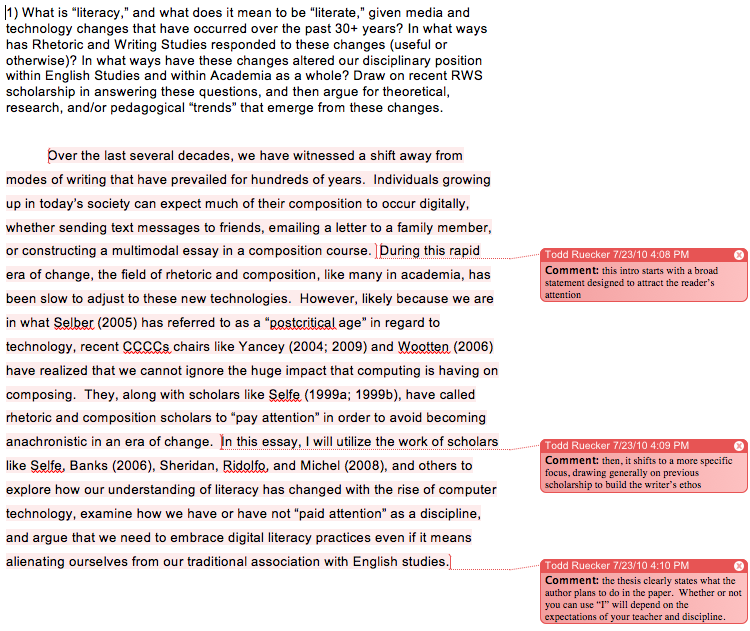
If you have a topic that you love, but you’re having trouble fitting it into the guidelines, choose another topic. Use the guidelines given by your instructor to help pick your paper topic. In many cases, a controversial topic can be ideal, so that you can exercise your ability to objectively explain differing positions, and even defend one if the assignment calls for that. It can be very helpful to write about something you’re interested in or passionate about, but don’t worry about choosing the perfect topic. This can be daunting, but don’t get too bent out of shape. Once you understand what you’re being asked to write in your research paper, it’s time to decide what to write about. That way, you will be sure you are on the right track. And if you aren’t sure, ask! Ask your teacher for clarification before you even pick a topic. Take time to understand exactly what you are being asked to write and how you will be graded on it. It might even be helpful to highlight and take notes on the assignment. Carefully read the writing assignment, prompts, grading rubric, or any other materials you’ve received.

Look at everything your instructor has provided you with. It’s often because they didn’t read the instructions. Many students skip this step, and then wonder why they receive a low grade on a paper they worked hard on or were excited about. This may sound obvious, but it’s very important to understand what your teacher or professor is asking for before you start writing your research paper.
HOW TO INTRODUCE A QUOTE IN A RESEARCH PAPER PROFESSIONAL
Research writing can be a challenge, but with a little practice, it can become an important part of your academic and professional toolkit. Here are the steps and resources you need to write a strong research paper, as well as a checklist to go over to be sure you wrote a good paper. This guide walks you through everything you need to do to write an effective, impactful research paper . . . Writing a good research paper can be daunting if you have never done it before. If you’re a college student, you will probably have to write at least one college-level research paper before you graduate.

They are able to automate most of this (for example with the APA style, they correctly detect which citation is the first). PS: If you're writing something in LaTeX and are using biblatex, I want to advertise the commands \textcite, \parencite and \footcite. As a general rule of thumb, maybe use "et al." when there are too many authors.Īs another user pointed out it's also dependent on your field, and it's even possible that author names shouldn't be cited in every reference (just a numeric reference like ) - I just checked a math journal at random and this was like that. Check which style you're supposed to use, and check how multiple authors should be cited with that style. Two examples:įor APA, if there are only two authors, cite both each time if there are between three and five, cite them all the first time then cite as "First et al., 2014" in subsequent citations if there are six or more, use "et al." every time.įor IEEE, use of "et al." begins at three authors, and you use "et al.".Īs you can see there are wild variations. This is completely dependent on your citation style.


 0 kommentar(er)
0 kommentar(er)
